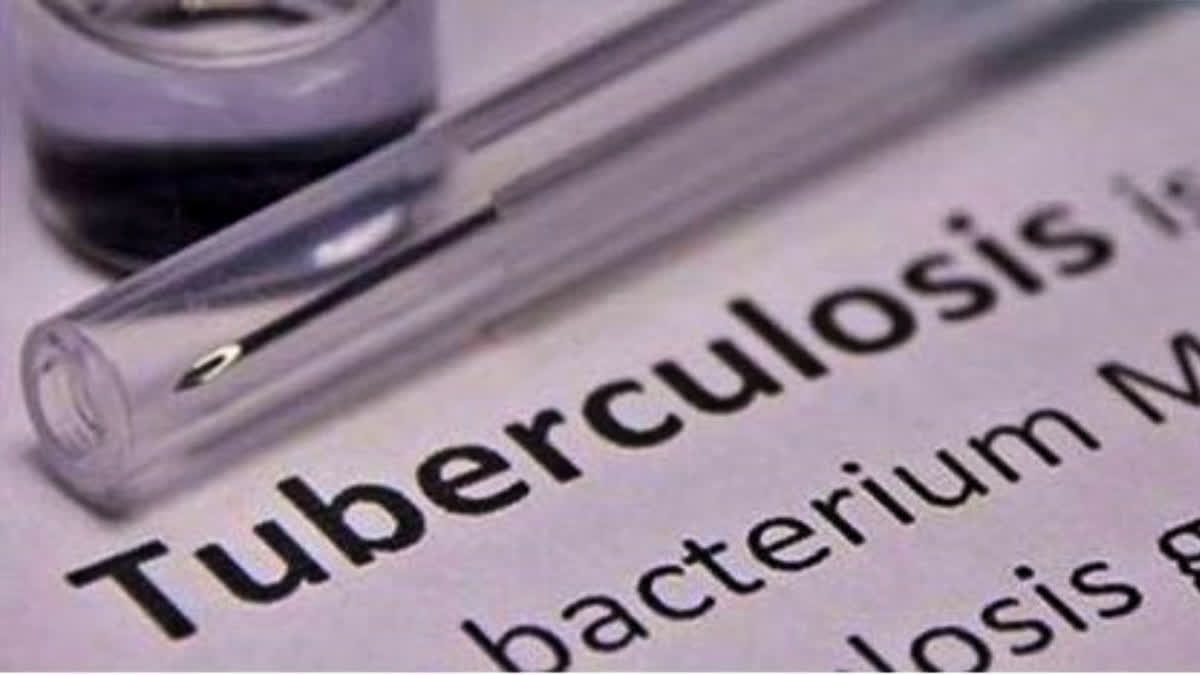New Delhi: A new study shows that young children, aged 5 years or younger, diagnosed with pulmonary tuberculosis (PTB) are at an increased risk of subsequent wheezing, poor lung function, and reduced height and weight later in their childhood. The scientists from Boston University School of Public Health, US, involved in the study said while there are treatments for children who develop PTB, no studies have examined the long-term impact of this disease on children's health post-recovery. They have published their study in the American Journal of Respiratory and Critical Care Medicine.
For the study, study lead and corresponding author Leonardo Martinez and colleagues from the Red Cross War Memorial Children's Hospital in Cape Town, South Africa, the University of Cape Town, and the University of Western Australia followed a cohort of 1,068 children from birth up to nine years old in two communities outside of Cape Town, from March 2012 to March 2015. The researchers found that children in the study who developed TB before one year of age had a lower weight and BMI for their age by the time they turned five years old, and those who developed PTB between one and four years of age had a lower length for their age.
The researchers also found that children who developed PTB were at a greater risk of post-TB wheezing, regardless of when they developed the infection. Children who developed PTB before they were six months old were found to have more than double the risk of wheezing after 6 months, compared to children who did not develop PTB. The risk of subsequent wheezing also increased when children developed PTB before they were 12 months, 24 months, or 36 months old.
Also read: World Liver Day 2023: Make these lifestyle changes to have a healthy liver
The team also found that PTB was associated with lung function impairments that persisted for years after the acute infection and illness. "Although there is an effective treatment for tuberculosis in children, there is concern that the impact of tuberculosis may be long-lasting and there could be long-term morbidity even after treatment and recovery," said Martinez, assistant professor of epidemiology.
"These results suggest that prevention of tuberculosis disease in the first few years of life may have substantial long-term health benefits, in particular to lung health, through childhood," said Martinez. Study senior author Heather Zar, chair of the Department of Paediatrics and Child Health at the University of Cape Town, said that the study leveraged a unique opportunity to observe children who were enrolled in the South African Drakenstein Child Health Study, a birth cohort study.
"Given the large burden of childhood TB in low and middle income countries, these results are crucial in delineating the burden and morbidity associated with TB illness, and in strengthening preventive interventions," Zar says. More than one million children develop tuberculosis globally each year, and TB remains among the top 10 causes of pediatric mortality. (PTI)



